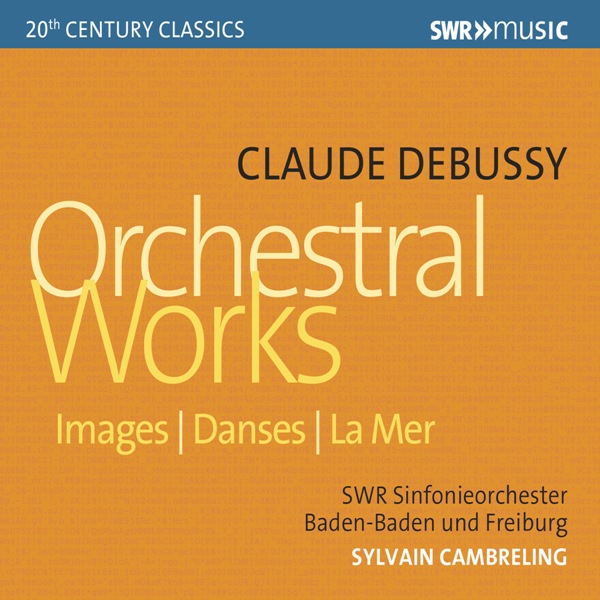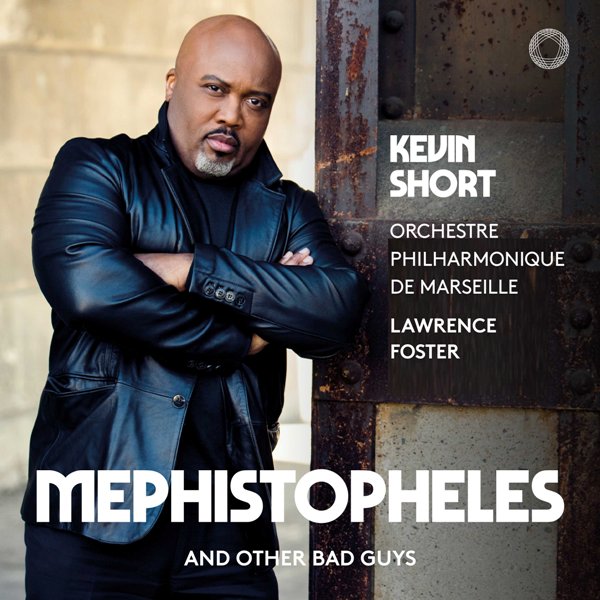
WAGNER: Der fliegende Holländer / Leonie Rysanek, sop (Senta); Res Fischer, mezzo (Mary); George London, bass-bar (Dutchman); Fritz Uhl, ten (Erik); Josef Greindl, bass (Daland); Georg Paskuda, ten (Steersman); Bayreuth Festival Chorus & Orchestra; Wolfgang Sawallisch, cond / Orfeo d’Or C 936 1821 (live: Bayreuth, August 5, 1959)
When I was still a teenager, I recall listening, in my local library, to the 1955 live Decca recording of this opera with Astrid Varnay, Hermann Uhde, Josef Traxel and Ludwig Weber, conducted by Josef Keilberth, and I thought it was just the berries. It made such a deep impression on me that I never thought I’d hear a better performance in my life, and for years it was my favorite recording until I stumbled upon the early-1980s Philips recording. That version, also a live performance from Bayreuth, had an even more stunning Senta in Lisbeth Balslev (what on earth ever happened to her?), a great if occasionally unsteady Dutchman in Simon Estes, Robert Schunk’s passionate Erik, Matti Salminen’s sumptuously-sung Daland, and the taut, dynamic conducting of one Woldemar Nelsson (and what on earth happened to him?), and the Keilberth recording was gently nudged to the side, nevermore to be listened to.
Indeed, my loyalty to the Nelsson performance is such that, even with Estes’ occasional fluttery tone (he did bring the voice into better focus once he warmed up), I’ve come to think of it as the sina qua non of Holländer recordings, thus when I first saw this one going by in the Naxos catalog, I stopped only long enough to notice that the great George London was the Dutchman but then decided not to review it because it was, after all, in mono.
My mistake.
Next to the Nelsson version, this is clearly the most interesting and dynamic Dutchman ever released. One’s ears quickly adjust to the mono sound, in part because the unusual Bayeruth hall resonance makes up for it, although I do think that the recording needs to be brightened on the top end (neither Rysanek’s exciting high register nor the strings have sufficient “bite” the way it was processed here, but a decent audio editor will fix that for you). But it’s the singing and acting that will rivet your attention and hold it there.
Indeed, this performance made such a deep impression that, two years later, Decca-London recorded the opera commercially with the two main principals, substituting Giorgio Tozzi as Daland, Karl Liebl as Erik, Rosalind Elias as Mary and Richard Lewis as the Steersman, conducted by Antal Doráti. But gremlins were at work: Rysanek was in poor voice, wobbling and going flat (always a danger for her since her earliest years…Wilhelm Furtwängler refused to use her as Leonore or Sieglinde because he was worried that she’d sing flat) and London was recorded in a back bathroom somewhere.
In this performance, everything seemed to go right. Everyone except Res Fischer, as Mary, was in very good voice, the two principals exceptionally so. In fact, I would go so far as to say that Fritz Uhl was a much better Erik, both vocally and interpretively, than Robert Schunk in the Nelsson performance. Some European reviewers have had little good to say of London’s Dutchman, finding him exciting vocally but not penetrating the

London as the Dutchman
character. I would say that, while it is true that he doesn’t give us a world-weary Dutchman, he presents a character who is cynical and bitter, who yearns for death but doesn’t know how to bring it on himself, and who thus in turn takes out this bitterness on all those around him. In actuality, this is a more plausible interpretation when one considers how, later on, the Dutchman becomes cynical when he sees Senta with Erik and assumes that she will not keep her promise to join him. Moreover, he received glowing reviews from the German press at the time, e.g., “compellingly demonic in his singing and acting…George London…plays the character with the intelligence for which he is so often praised: he was an incarnation of the outcast, of inner restlessness (Badische Zeitung),” or that he remained “singularly without pathos…a kind of principled unapproachability (Kölnische Rundschau).”

Greindl as Daland
Josef Greindl also came in for criticism due to his oddly unsteady voice production. It was never a full-blown wobble, he had it as far back as 1944 and it never really got much worse, but it will upset those who like their Wagner bass voices firm and solid (although, in the age of Kwangchul Youn, Greindl sounds like Kurt Moll). I find him a very interesting Daland, in fact more interesting dramatically than Salminen in the Nelsson recording—possibly because Wieland Wagner insisted that he present himself as a bit of a hard-drinking rogue, not the epitome of naval morality he is usually shown to be.

Rysanek as Senta
But the one thing everyone agrees on is that Rysanek, in this performance, is the finest Senta of all time. One thing that surprised me was the quiet way she began singing her ballad “Traft ihr das Schiff” and, even more surprising, the way she floated her soft high notes ã la Zinka Milanov. I didn’t know she had that in her, although in an interview, Rysanek was most proud of the fact that she was the “slimmest Senta around.” Like Lisbeth Balslev, Rysanek presents a Senta who is divorced from reality, a bit touched in the head, and fixated on “redeeming” the Dutchman. The difference is that Balslev sounds obviously crazy from her first utterance, whereas Rysanek almost seems to be living in a world of dreams, which results in her gentler reading of the words.
This is not the first release of this recording. Melodram first put it out on LPs (MEL-390) many moons ago, followed by a Charles Handelman cassette tape. Then came the CD issues: Melodram MEL-26101 (2004), Premiere Opera CDNO 1579 (2004) and Opera d’Oro OPD 7030 (2006). Like most of the Orfeo d’Or issues, this is its first “official” release, taken from the house master tapes and signed off by a member of the Wagner family (Katharina Wagner). Comparing it to the Opera d’Oro release, the sound is marginally clearer, although it definitely needs a treble boost of about 1.7 db to offset the top-range dullness.
And excellent performance, then. Whether it’s one for the ages depends, mostly, on your acceptance of London’s Dutchman. Everyone else is outstanding, and the performance is utterly fascinating.
—© 2018 Lynn René Bayley
Follow me on Twitter or Facebook @Artmusiclounge









